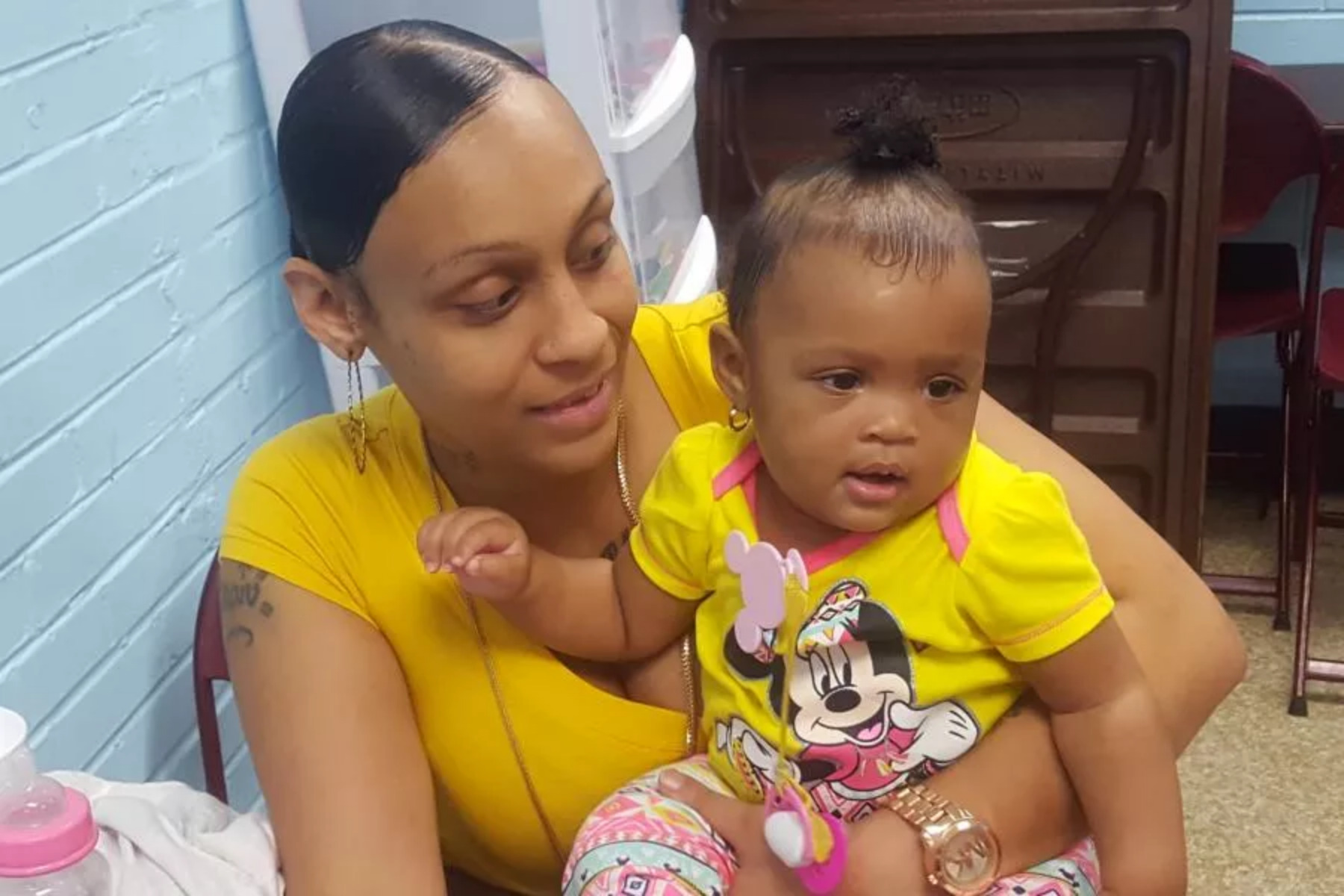Investing in young children means investing in their parents
- April 17, 2019
- / Shannon Nickinson
- / early-learning

Parents may be a child’s first teacher, but too often they are treated like the last to know.
Historically, when advocates and providers have designed programs and interventions aimed at helping parents do more and know more for the sake of their young children, they parents themselves have not been in on that work at the ground level.
It was a subject that received lots of attention at 2018’s First 1,000 Days Conference in West Palm Beach last year.
Dara Griffin, a Project LAUNCH family and community engagement specialist, spoke at that conference last fall. True family engagement, she said then, is not just inviting parents to be in the room and at the table as decisions are made about programs and projects that affect them and their children.
It is inviting them into the conversation and making them part of the process from the beginning. This form of “transformational engagement” includes shared responsibility and strength-based collective actions with purposeful connections between providers and parents.
That’s opposed to what Griffin called “Random Acts of Involvement,” one-time actions or events with a one-time purpose.
Helping parents — even those who come from troubled backgrounds — break through the traumas or negative experiences of their own pasts to do more ad better for their kids is truly engaging a family, Griffin said.
It can mean for providers, for examples, looking hard for “what is beautiful and strong in the families I serve,” Griffin said. “What is working already, and can I find it (in this family) and build on it?”
That’s a lesson that advocates across the country are putting into practice, based on a video recently shared by the Center for Social Policy. The Center began at the University of Chicago in 1978 with the goal of influencing public policy to benefit poor children and families, seniors, and people with disabilities. It now has offices in Washington, D.C., New York and Los Angeles.
The Center interviewed partners in their Early Childhood Learning and Innovation Network for Communities who are working as part of the National Collaborative for Infants and Toddlers.
“We all come from our own perspective,” says Molly Day, executive director of Early Learning Multnomah, in Portland, Ore., on video “Working with a very diverse team of leaders has cause dot rethink things that we thought would be the right thing to do and found out, well maybe they’re not. Those parent leaders come from communities that are not normally at the table.”
Watch more here.
At Studer Community Institute, we are always learning from experts in the space of early childhood development about how to best reach and teach parents. We need to keep learning.
Through our partnership with Area Housing Commission and with LENA, we have been working to meet parents where they are -- without judgment -- to help them do more for their young children.
Both efforts focus on small group sessions, led weekly by SCI program coordinator Reggie Dogan. These sessions help parents get practical advice, tools and techniques that allow them to understand the importance of talking, reading and interacting every day with their babies and toddlers.
The steps we are making may seem small, but putting one foot in front of the other is the only way that any long, hard journey has ever been made.
As Reggie says in a video we produced to help share our story, “as long as you’re breathing, there’s always hope… When I see parents come back and say, ‘I’m reading more to my child… that lets me know that what we are doing has value, because our ultimate goal is to build a brain, build a life and build a community.”
 CivicCon launches with a look at good growth in cities
CivicCon launches with a look at good growth in cities
 Building stronger brains one baby, one parent at a time
Building stronger brains one baby, one parent at a time
 SCI debuts commercial on Early Learning City
SCI debuts commercial on Early Learning City
 Entrecon: World class speakers and an opportunity to sharpen skills
Entrecon: World class speakers and an opportunity to sharpen skills
 PYP Quality of Life survey 2017
PYP Quality of Life survey 2017
 EntreCon Pensacola 2016: A look back
EntreCon Pensacola 2016: A look back
 Leadership tip: getting better employee takeaways
Leadership tip: getting better employee takeaways
 Leadership tip: be interested instead of interesting
Leadership tip: be interested instead of interesting
 Leadership tip: delivering difficult messages
Leadership tip: delivering difficult messages
 Brain Bags boost Arc, Early Childhood Court programs
Brain Bags boost Arc, Early Childhood Court programs